Biden warns Xi of 'consequences' if China aids Russian invasion of Ukraine
Their call came after Russia asked China for military support and other aid.
In a high-stakes video call, President Joe Biden and China's President Xi Jinping spoke Friday morning for an hour and 50 minutes for the first time since November amid concerns that China will help Russian President Vladimir Putin's ongoing invasion of Ukraine.
Nearly four hours after the call ended, and hours after China put out its own version of events, the White House released a readout of the meeting. While lacking concrete details, the 164-word U.S. account stressed that Biden made clear the "implications and consequences" if China aligns with Russia and provides it "material support" for its attacks.
"President Biden detailed our efforts to prevent and then respond to the invasion, including by imposing costs on Russia. He described the implications and consequences if China provides material support to Russia as it conducts brutal attacks against Ukrainian cities and civilians," the White House said.
A readout from China, released ahead of the White House's, described the call as "constructive" -- a word the Biden administration did not use.

A senior administration official described the video meeting as "direct," "substantive," and "detailed," adding that Biden and Xi spend the "preponderance of their time" on Russia's invasion of Ukraine.
After that official said Biden "really wasn't making specific requests of China" on the call and that he was, instead, "laying out his assessment of the situation, what he thinks makes sense, and the implications of certain actions," ABC News Senior White House Correspondent asked White House press secretary Jen Psaki, "Why not, given the stakes here?"
"Because China has to make a decision for themselves about where they want to stand and how they want the history books to look at them and view their actions," Psaki replied. "And that is a decision for President Xi and the Chinese to make."
Psaki said Biden "made clear what the implications and the consequences would be if China provides material support to Russia" -- a line she repeated throughout the briefing, but she would not elaborate on whether the U.S. views military or economic aid as more of a concern or which direction they could be leaning towards if they provide help.
She also wouldn't say if Xi ever referred to Putin's war as an "invasion," saying that the White House doesn't "speak for other countries" and the Chinese can "speak for themselves."
According to China's readout, Xi told Biden the "situation in Ukraine has developed to such a point that China does not want to see it. China has always advocated peace and opposed war."
But China has yet to directly condemn Russia for its actions in Ukraine.
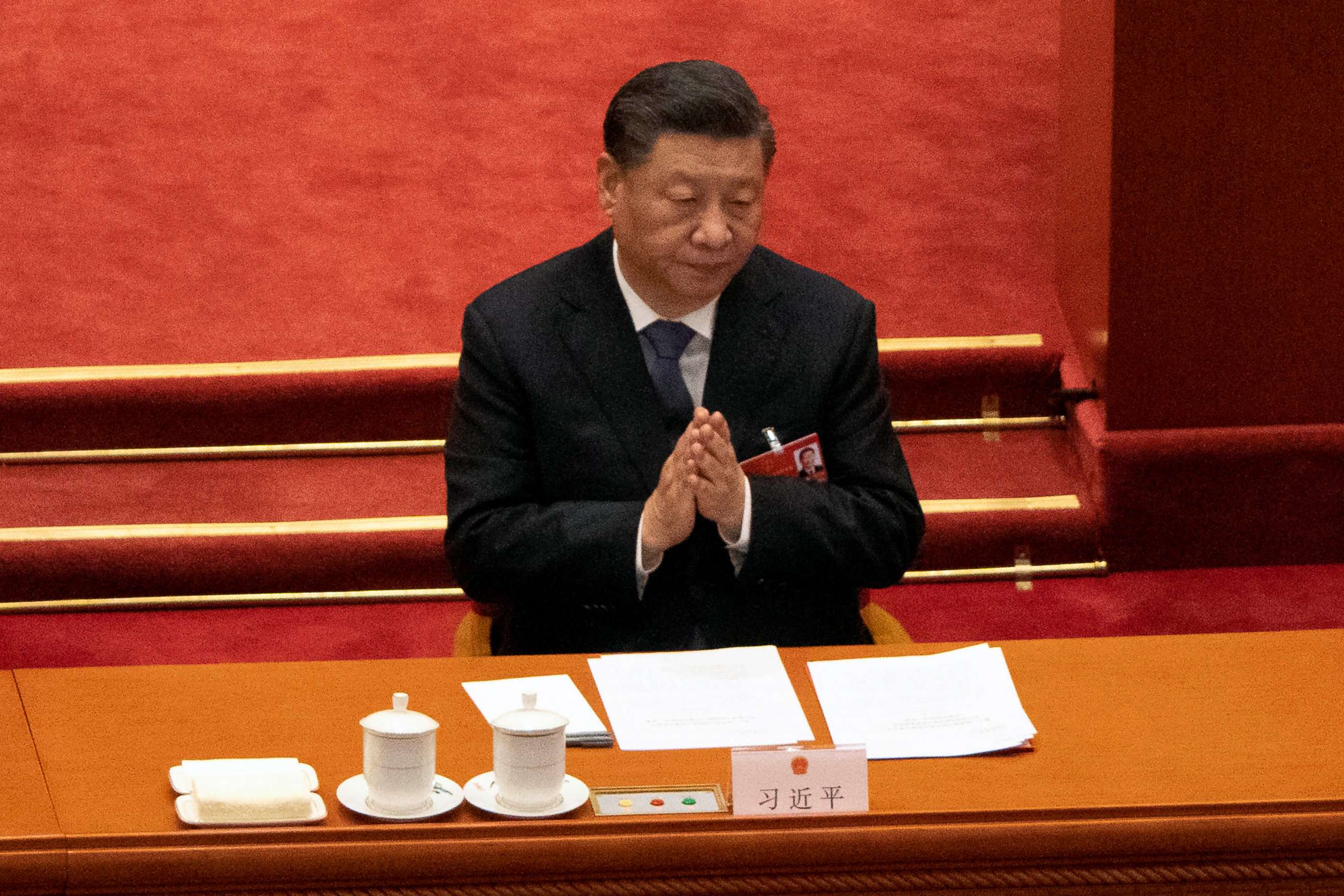
China supports negotiations, Xi said, but deferred to the U.S. and NATO to "conduct dialogue with Russia to solve the crux of the Ukraine crisis and resolve the security concerns of both Russia and Ukraine" -- appearing to reaffirm China's view that the NATO expansion is the root cause of the war.
The readout said Xi's used two Chinese idioms to Biden: "One hand cannot clap," meaning the two sides need to come together to make any progress in ending the war, and, he said, "Only the one who tied the bell to the tiger can untie it," implying that the U.S. and NATO will need to "untie the bell" themselves, and China will support efforts.
China's president also criticized U.S. sanctions saying that it is the common people who suffer from them and that sanctions have the potential of triggering crises in the global economy, according to the readout
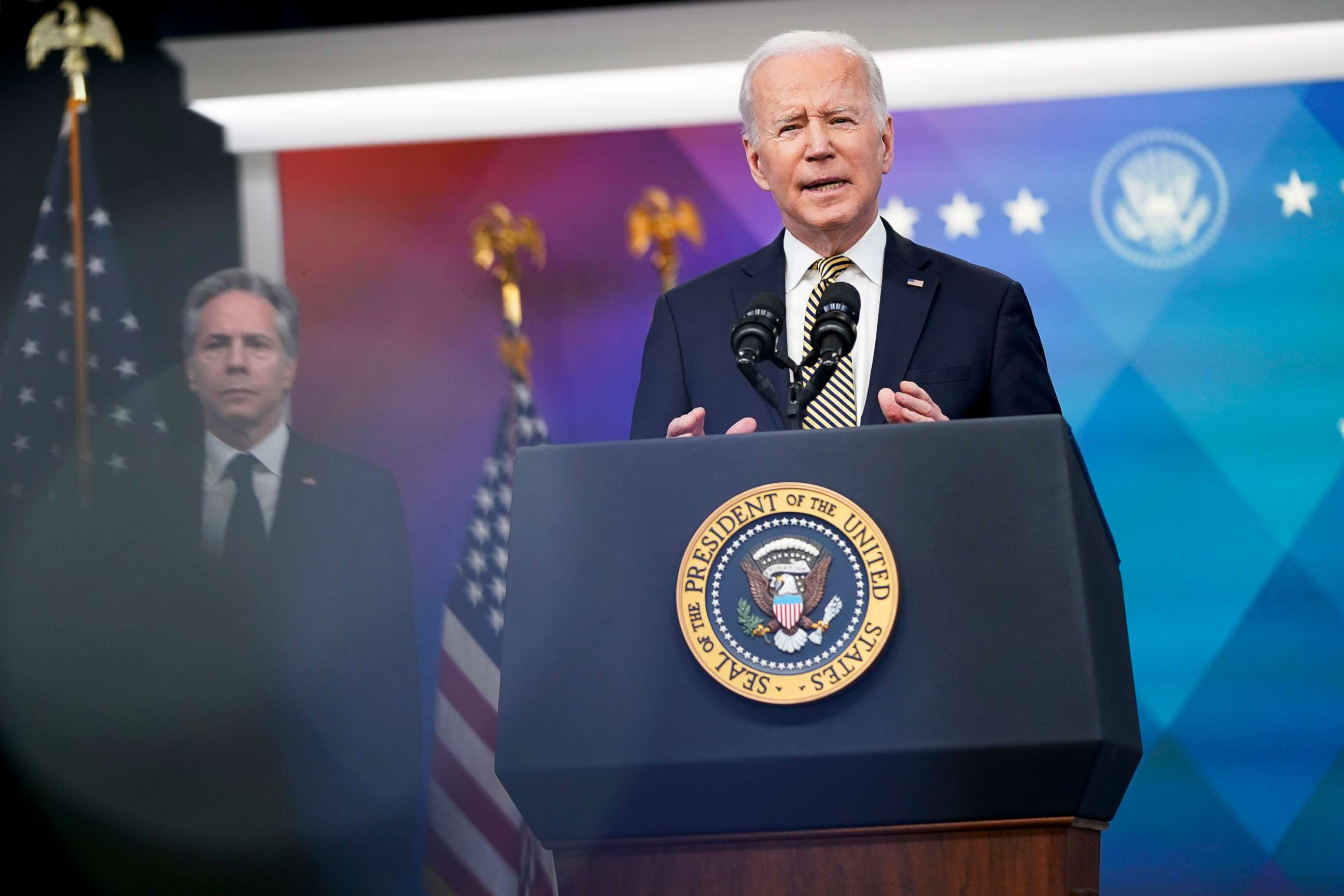
White House press secretary Jen Psaki had said Biden would be candid and that the call provided a chance for him to "assess where President Xi stands." The conversation would center on "managing the competition between our two countries as well as Russia's war against Ukraine and other issues of mutual concern," according to the White House.
Biden was expected to warn Xi that if China directly helps Russia in its assault on Ukraine there will be consequences -- but it's still unclear if he laid out specific actions the U.S. will take if China were to supply Russia with military equipment or economic assistance to offset the impact of global sanctions.
In what appeared to be a warning shot to the West, Russia's Foreign Minister Sergei Lavrov said Friday that any foreign supplies to Ukraine containing military equipment will be considered "legitimate targets" for Russian strikes after Biden announced this week a slate of weapons the U.S. is supplying to Ukraine.
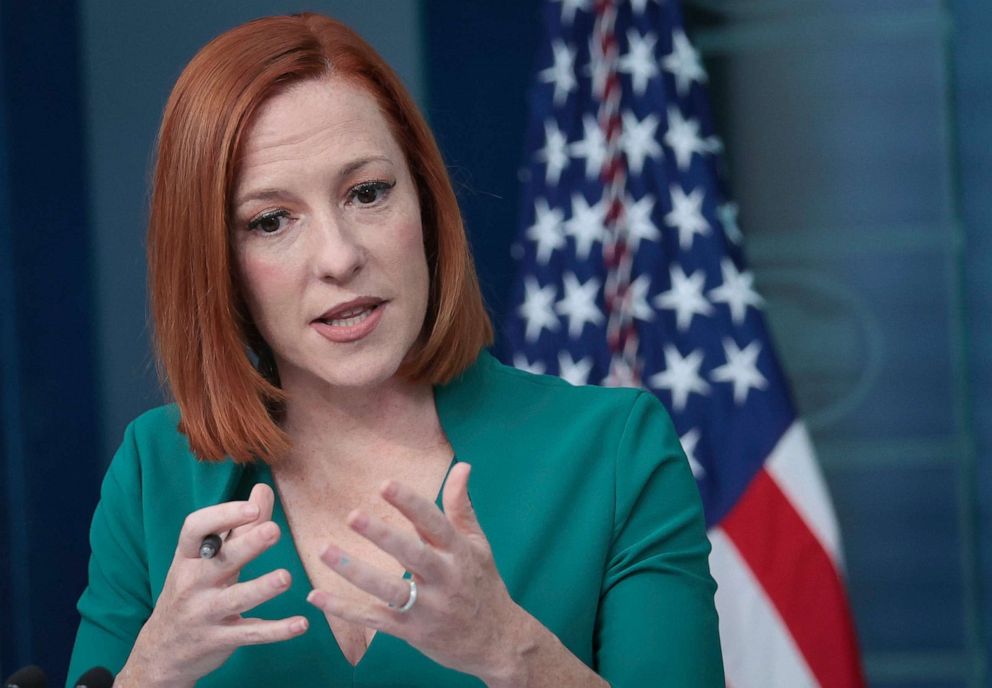
"We clearly said that any cargo moving into the Ukrainian territory which we would believe is carrying weapons would be fair game. This is clear because we are implementing the operation the goal of which is to remove any threat to the Russian Federation coming from the Ukrainian soil," Lavrov said in an English-language interview with the RT television channel.
Ukrainians woke up Friday to the first strike on the outskirts city of Lviv, considered a safe haven until now, and not far from the Polish border. It follows a stark warning from the Pentagon that Russia was broadening its target and escalating attacks this week.
While the Biden administration has hesitated from drawing red lines of what would change its position on not supporting a no-fly zone or troops on the ground in Ukraine, Lavrov's message raises concerns that Russia could fire at military bases in neighboring NATO ally Poland to Ukraine, triggering an Article 5 response.
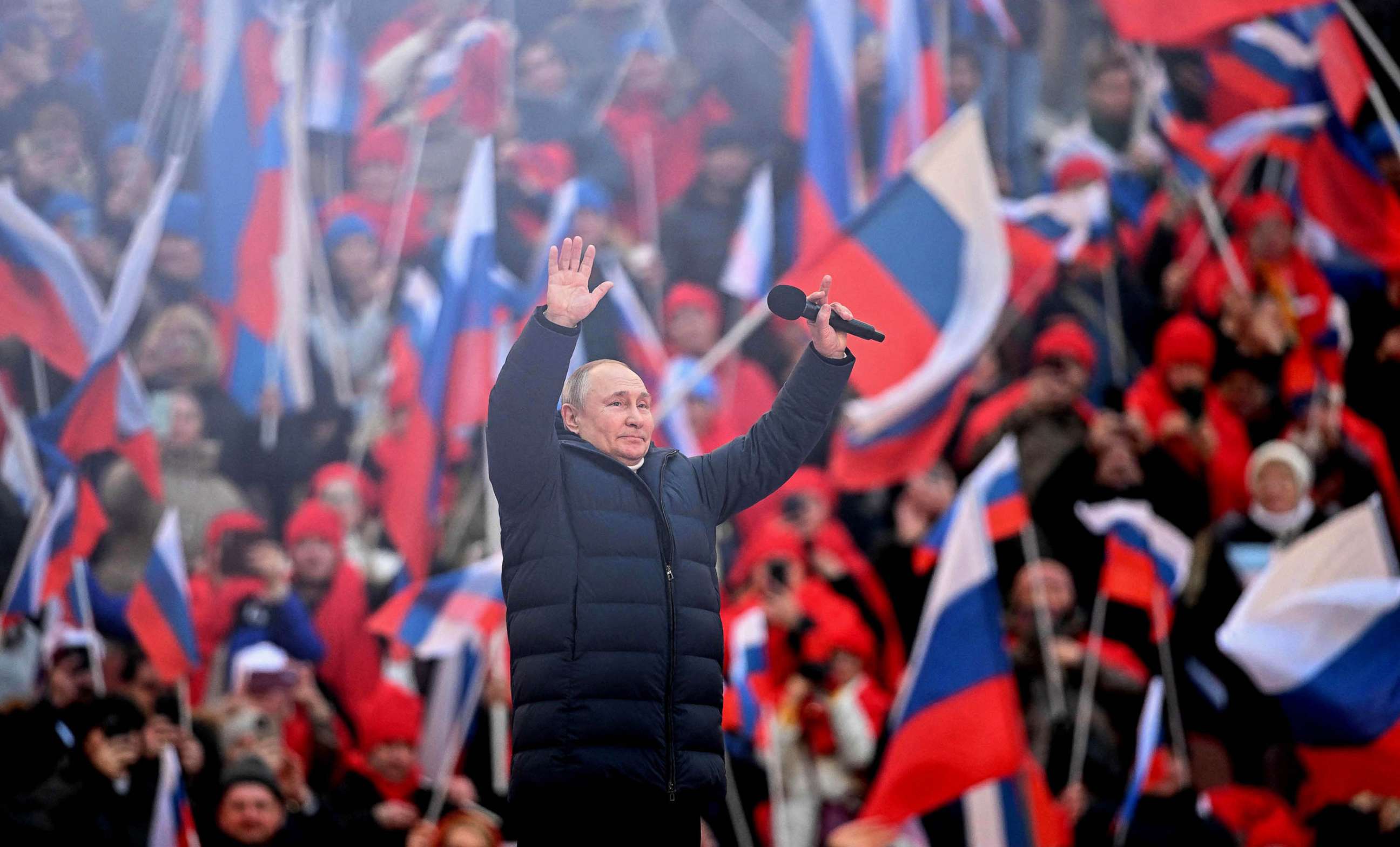
Earlier this week, national security adviser Jake Sullivan had a seven-hour meeting with his Chinese counterpart in Rome, which was described as "intense." A senior Biden administration declined to tell reporters whether China had expressed an openness to providing Russia with military or economic support or if it had already provided support to Russia since it invaded Ukraine.
"We do have deep concerns about China's alignment with Russia at this time, and the national security adviser was direct about those concerns and the potential implications and consequences of certain actions," the official said.
That meeting had been "long-planned" and "long-discussed" as a way to maintain communication with China, but it happened to take place at "a really timely and important moment in this crisis," the official added.
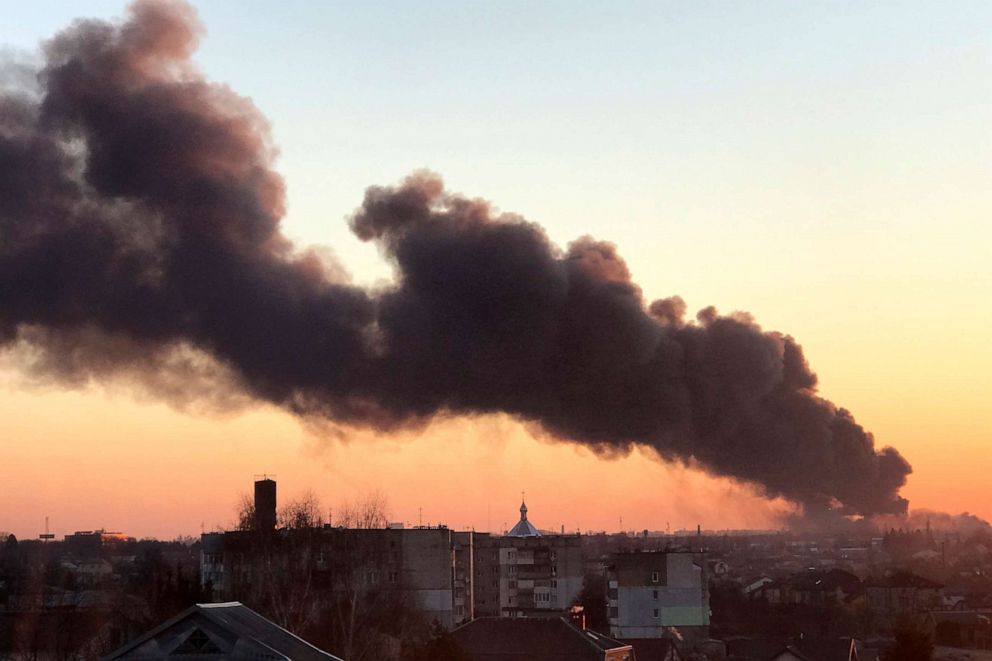
Biden and Xi's critical call comes on the heels of Biden labeling Putin a "war criminal," a "murderous dictator," and a "pure thug" in the last 48 hours. Secretary of State Antony Blinken said Thursday he "personally" agrees with Biden that Russia has committed war crimes in Ukraine.
ABC News' Karson Yiu, Ben Gittleson, Conor Finnegan, Justin Gomez and Anastasia Bagaeva contributed to this report.




